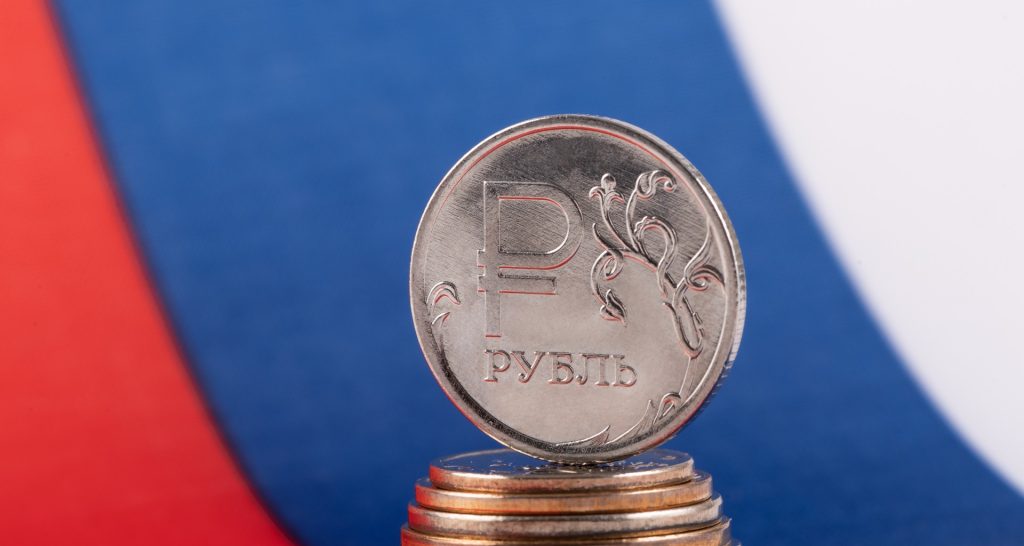Addressing workforce shortages and investment deficiencies requires long-term solutions.
Others are reading now
In a recent discussion in Congress, the Central Bank of Russia highlighted that the country’s GDP growth is being stymied by a shortage of skilled labor and a lack of investments.
Alexander Abramov, head of the Laboratory for the Analysis of Institutions and Financial Markets at RANEPA, shed light on the challenges facing the Russian economy in an interview with ABN24.
Financing and Investment
Abramov emphasized that addressing workforce shortages and investment deficiencies requires long-term solutions. He pointed out that the primary concern is financing and investment, which is more pressing for companies due to high key interest rates limiting the volume of credit.
“Currently, investments are supported through centralized programs implemented by the state, development institutions, and primarily through the internal resources of enterprises. Despite sanctions, most large companies generate sufficient profit to invest in their businesses using their own funds,” Abramov explained.
Also read
He also noted the persistent problem of high borrowing costs. According to Abramov, simply lowering interest rates is not a viable solution since rates need to decrease in tandem with inflation.
“It’s not the best time for taking out loans,” he stated.
Regarding the workforce issue, Abramov highlighted that for most sectors, the labor shortage cannot be resolved by simplifying immigration policies.
Instead, it requires an influx of new workers from within Russia’s population.
“There are not many reserves available to increase the number of workers. Efforts should be made to improve labor productivity, including the active implementation of AI and the automation of processes. Additionally, educational institutions need to develop a strong managerial workforce. These measures should start showing results within a few years,” he stated.
Abramov concluded that one of the key challenges for the Russian economy is securing capital from the global market. Without substantial foreign investments, growth is more difficult to achieve.


